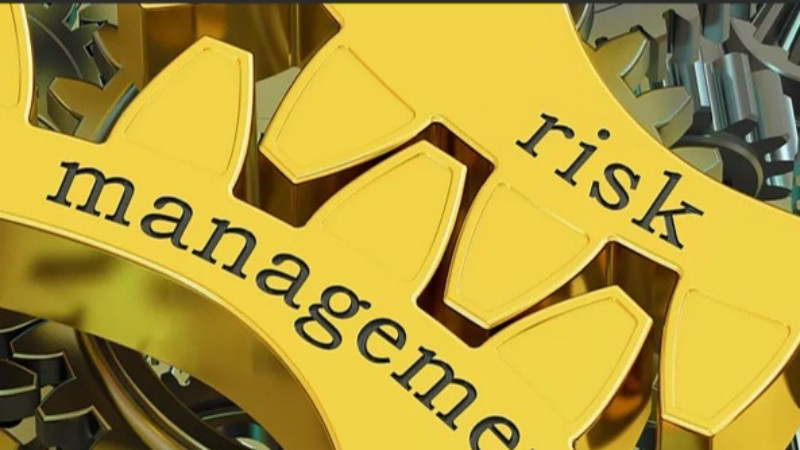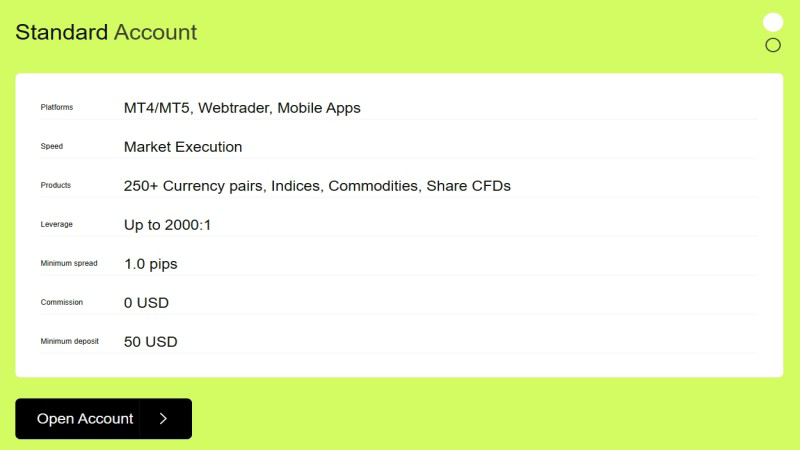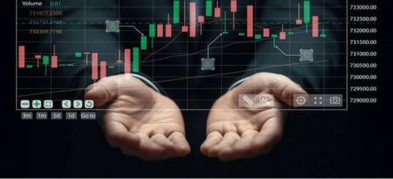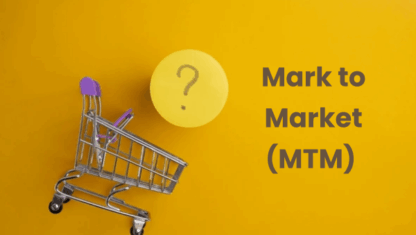
Ultima Markets App
Trade Anytime, Anywhere
Important Information
This website is managed by Ultima Markets’ international entities, and it’s important to emphasise that they are not subject to regulation by the FCA in the UK. Therefore, you must understand that you will not have the FCA’s protection when investing through this website – for example:
- You will not be guaranteed Negative Balance Protection
- You will not be protected by FCA’s leverage restrictions
- You will not have the right to settle disputes via the Financial Ombudsman Service (FOS)
- You will not be protected by Financial Services Compensation Scheme (FSCS)
- Any monies deposited will not be afforded the protection required under the FCA Client Assets Sourcebook. The level of protection for your funds will be determined by the regulations of the relevant local regulator.
Note: Ultima Markets is currently developing a dedicated website for UK clients and expects to onboard UK clients under FCA regulations in 2026.
If you would like to proceed and visit this website, you acknowledge and confirm the following:
- 1.The website is owned by Ultima Markets’ international entities and not by Ultima Markets UK Ltd, which is regulated by the FCA.
- 2.Ultima Markets Limited, or any of the Ultima Markets international entities, are neither based in the UK nor licensed by the FCA.
- 3.You are accessing the website at your own initiative and have not been solicited by Ultima Markets Limited in any way.
- 4.Investing through this website does not grant you the protections provided by the FCA.
- 5.Should you choose to invest through this website or with any of the international Ultima Markets entities, you will be subject to the rules and regulations of the relevant international regulatory authorities, not the FCA.
Ultima Markets wants to make it clear that we are duly licensed and authorised to offer the services and financial derivative products listed on our website. Individuals accessing this website and registering a trading account do so entirely of their own volition and without prior solicitation.
By confirming your decision to proceed with entering the website, you hereby affirm that this decision was solely initiated by you, and no solicitation has been made by any Ultima Markets entity.
I confirm my intention to proceed and enter this website Please direct me to the website operated by Ultima Markets , regulated by the FCA in the United KingdomWhat Is OTC? A Quick Guide to the OTC Market
With investment channels expanding, the OTC market is drawing growing attention. But what exactly is OTC? How can investors access this market? This article explains OTC trading in simple terms, helping you take initiative in investments.
What Is OTC Market?
The OTC market, or Over-the-Counter market, refers to transactions negotiated directly between parties outside exchanges. Unlike centralized exchanges, it operates through brokers or financial institutions.
For example, a medium-sized enterprise importing raw materials worried about short-term exchange rate fluctuations increasing costs might arrange an OTC forward contract with a bank or dealer, locking in an exchange rate for payment in three months.
This non-standardized, tailor-made transaction exemplifies OTC trading.
The OTC market covers financial products including forex, precious metals, commodities, and cryptocurrencies. Compared to traditional trading, OTC offers greater flexibility, allowing investors to set transaction terms based on individual needs.
Key Features and Advantages of OTC Trading
The primary feature of OTC trading is customization. Investors can set contract terms, from amounts to settlement dates, unachievable in centralized exchanges.
Secondly, the OTC market offers broader financial product choices, including derivatives like options and forward contracts. Additionally, OTC operates 24-hour globally without fixed trading hours, enabling convenient strategy adjustments.
Which investors are suitable for OTC trading?
OTC trading suits market-savvy individuals preferring flexible trading, such as institutional investors or those with sufficient capital; it also accommodates investors requiring customized investment strategies.
Differences Between OTC Markets and Traditional Trading
| Items | OTC Trading | Traditional Exchange Trading |
| Trading Venue | Non-centralized platforms, direct negotiatio | Centralized exchange |
| Contract Format | Customized contracts, flexible terms | Standardized contracts |
| Transparency | Non-public transaction information | Transparent quotes and executions |
| Clearing Method | Bilateral clearing or third-party platforms | Exchange centralized clearing |
| Trading Hours | 24-hour trading | Fixed trading sessions |
| Common Products | Forex, precious metals, options, forwards, crypto assets | Stocks, ETFs, standard futures |
Comparison Between OTC and DeFi
| Items | OTC Trading | DeFi (Decentralized Finance) |
| Matching Method | Brokers or financial institutions | Automated via smart contracts |
| Contract Flexibility | Highly customized | Mostly standardized contracts |
| Regulatory Environment | Officially regulated | Lacks formal regulation |
| Transaction Risks | Counterparty default risks | Technical vulnerability risks |
| Liquidity | Relatively stable | Varies with community activity |
| Technical Barrier | Simple operation | Requires on-chain operation experience |
In summary, both OTC trading and DeFi (Decentralized Finance) have distinct advantages. OTC suits investors seeking stability and regulatory safeguards, while DeFi offers disintermediation and highly transparent innovative experiences.
Understanding their core differences helps investors choose optimal trading methods based on risk tolerance and technical capabilities, flexibly seizing OTC market opportunities.

OTC Trading Risks and Mitigation Strategies
Key risks in OTC markets include counterparty risk, liquidity risk, and legal risk. As noted earlier, counterparty risk is among the most critical. Liquidity risk refers to potential difficulties liquidating certain financial products.
Investors must rigorously assess counterparties’ credibility and select reputable trading platforms like Ultima Markets, which provides fund protection and transparent trading environments to effectively reduce trading risks.
Legal risk requires investors to fully understand relevant national regulations to avoid compliance violations.
How to Start OTC Trading?
To enter the OTC market, first select a reliable OTC trading platform. For example, Ultima Markets provides a comprehensive Demo Account for investors to familiarize themselves with market rules and reduce operational errors.
Additionally, open a Trading Account through Ultima Markets to formally participate in market transactions and access efficient, convenient trading services.

OTC Trading Market FAQ
Q1: Is OTC trading safe?
A: OTC trading safety depends on platform credibility and counterparty qualifications. Choosing regulated, transparent platforms like Ultima Markets significantly reduces transaction risks.
Q2: What fundamentally distinguishes OTC from centralized markets?
A: Centralized markets (e.g., stock exchanges) feature standardized trading; OTC markets offer greater freedom and flexibility but involve higher risks, especially counterparty risks requiring careful evaluation.
Q3: What legal aspects require attention in OTC trading?
A: OTC regulations vary by country. Investors must ensure compliance with local laws to avoid legal disputes.
OTC Trading Real Case Studies
Over the past year, investor trading volume for OTC forex transactions via Ultima Markets increased by approximately 18%, reflecting high market acceptance of OTC trading.
A Taiwan-based investor utilized an OTC options strategy to achieve approximately 15% returns during market volatility, demonstrating the OTC market’s advantages and flexibility.
Conclusion
You now have a clear understanding of what OTC entails and how it enhances investment flexibility and potential returns. Selecting appropriate trading platforms and strategies effectively mitigates OTC risks.
Whether you’re an institutional investor or individual trader, the OTC market remains a domain worth exploring.
Disclaimer: This content is provided for informational purposes only and does not constitute, and should not be construed as, financial, investment, or other professional advice. No statement or opinion contained here in should be considered a recommendation by Ultima Markets or the author regarding any specific investment product, strategy, or transaction. Readers are advised not to rely solely on this material when making investment decisions and should seek independent advice where appropriate.












